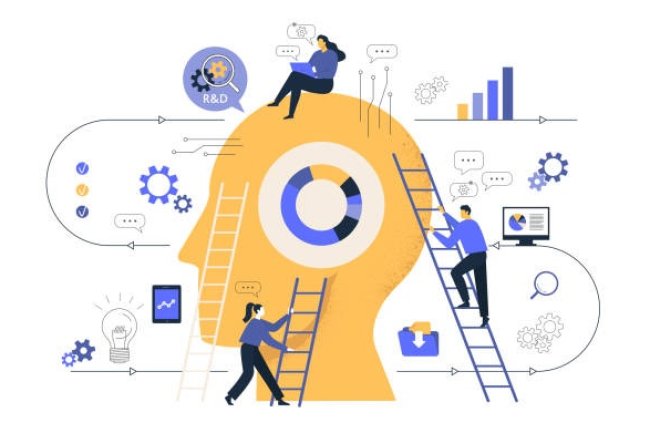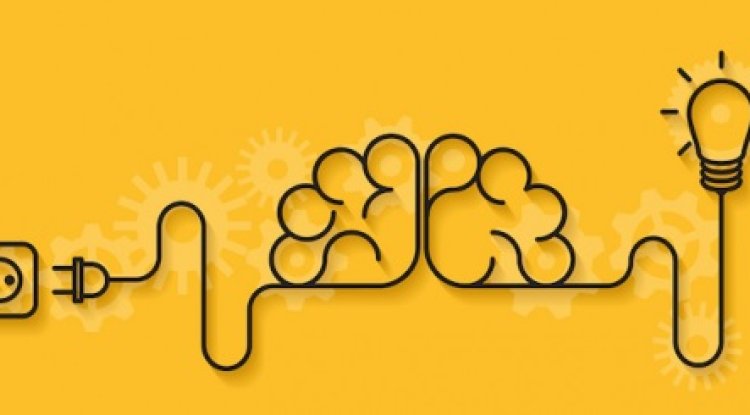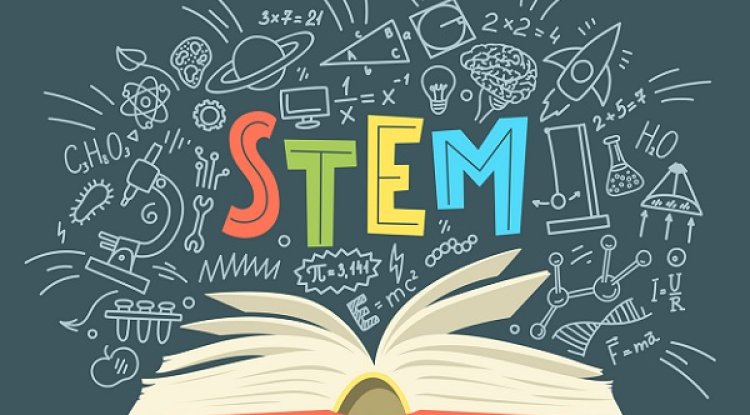Understanding Concepts
4 Reasons Why Skill-Based Learning Is Important For Students
- Mar 14, 2022
- 0
- 11236

“Tell me and I will forget, show me and I may remember; involve me and I will understand.” ― Xun Kuang.
From this quote, we can see that even back in 312-230 BC, philosophers used to sing praises about skill-based learning. Although the term wasn’t coined back then, the concept was a well-known one.
The skill-based learning approach is based on the understanding that everything is learnt better when it is practised in real life. On the other hand, knowledge-based learning focuses more on rote learning or the traditional ‘read and write’ system.
If you want to thrive in this era, it is important to strike a balance between knowledge and skill. Remember those chemistry classes where you would have to learn the periodic table by heart? Learning the order of elements in the periodic table is knowledge-based. But many schools also conduct practical classes where students carry out experiments to understand how these elements react with each other. This is skill-based learning.
After explaining the theory behind the experiment, you let the students “do” the experiment on the basis of what they learned. So, the students are learning by “doing” the experiment.
If you’re still confused about the difference between skilled-based and knowledge-based learning, fret not! We’ll break down both concepts in this article.
What is the difference between skill-based and knowledge-based learning?
First, let us understand the crux of knowledge and skill. Knowledge simply means to theoretically understand a piece of information in-depth. On the other hand, skill can be referred to as having the ability to perform a task. Rather, knowing how to execute a task based on that knowledge.
In schools, textbooks are the medium of knowledge-based learning. And as important as they are, without the practical application of the knowledge, they’re quite literally not worth the paper they’re printed on. Take maths as a subject, for example. Almost every maths student is expected to memorise complex formulas. But, mugging up isn’t enough. Why? Because maths, along with other subjects, cannot be taught only through theory. It has to be learnt through trial and error, which gives practical expertise on the subject. And that’s why skill, the ability to solve an equation after learning the formula, is important.
Knowledge-based learning focuses mainly on reading, listening or watching in order to obtain information about a specific area of study. In contrast, skill-based learning has the objective of building knowledge based on practical methods of learning.
Why is Skill-Based Learning Important?
Having knowledge, without being able to apply it is like buying a camera without knowing how to use it. You can’t be a Picasso if you just read a painting book for dummies; you have to experiment with brush strokes and colours too. Keep experimenting and eventually, you’ll have the “skill” of painting under your belt. Skills are necessary for a student’s overall development in this rapidly changing world. That’s why your curriculum should focus not just on knowledge acquisition, but skill development too.
Four Reasons to Adopt Skill-Based Learning in Your Teaching Methods -
- Creates a Sense of Independence: It allows students to think outside the box and promotes a higher level of problem-solving.
- Improves and Encourages Creativity: It helps students come up with innovative solutions to the same ol’ problem. This could be a new way to solve a puzzle or a ground-breaking design principle that no one has thought of. Needless to say, skill-based learning gets the creative juices flowing!
- Builds Cooperation and Teamwork: Many skill-based learning activities are conducted in groups. This encourages students to collectively solve an issue; thus building good communication, coordination and team spirit.
- Knowledge Alone Isn’t Enough: A medical student isn’t going to begin performing surgeries on living humans simply after reading an instruction manual. They need skill to perform a surgery; and the only way to develop it is with practice (on dummies, of course).
The concept of skill and knowledge are both crucial in a student’s education. Knowledge makes a student wise, and skills prepare them to face real-life problems. They are both inter-dependent and have equal importance in the field of education. So, as an educator of the modern era, it’s probably time to incorporate skill-based learning in your teaching pedagogy.
Add Comment
Related Blogs

Understanding Concepts
Everything Tutors Need To Know About Social Learning Theory
- Natasha Di...
- Mar 14, 2022
- 0
- 3126

Understanding Concepts
Teacher's Guide To Implement Concept-Based Learning In 4 Steps
- James Coop...
- Mar 28, 2022
- 0
- 3947
Popular Blogs

Tips for Educators
3 Tips To Apply Classical Conditioning In Classrooms
- Natasha Di...
- Apr 25, 2022
- 0
- 21902

Understanding Concepts
4 Reasons Why Skill-Based Learning Is Important For Students
- James Coop...
- Mar 14, 2022
- 0
- 11236

For Parents
Everything You Need To Know About STEAM Education As A Parent
- James Coop...
- Mar 1, 2022
- 0
- 11155











